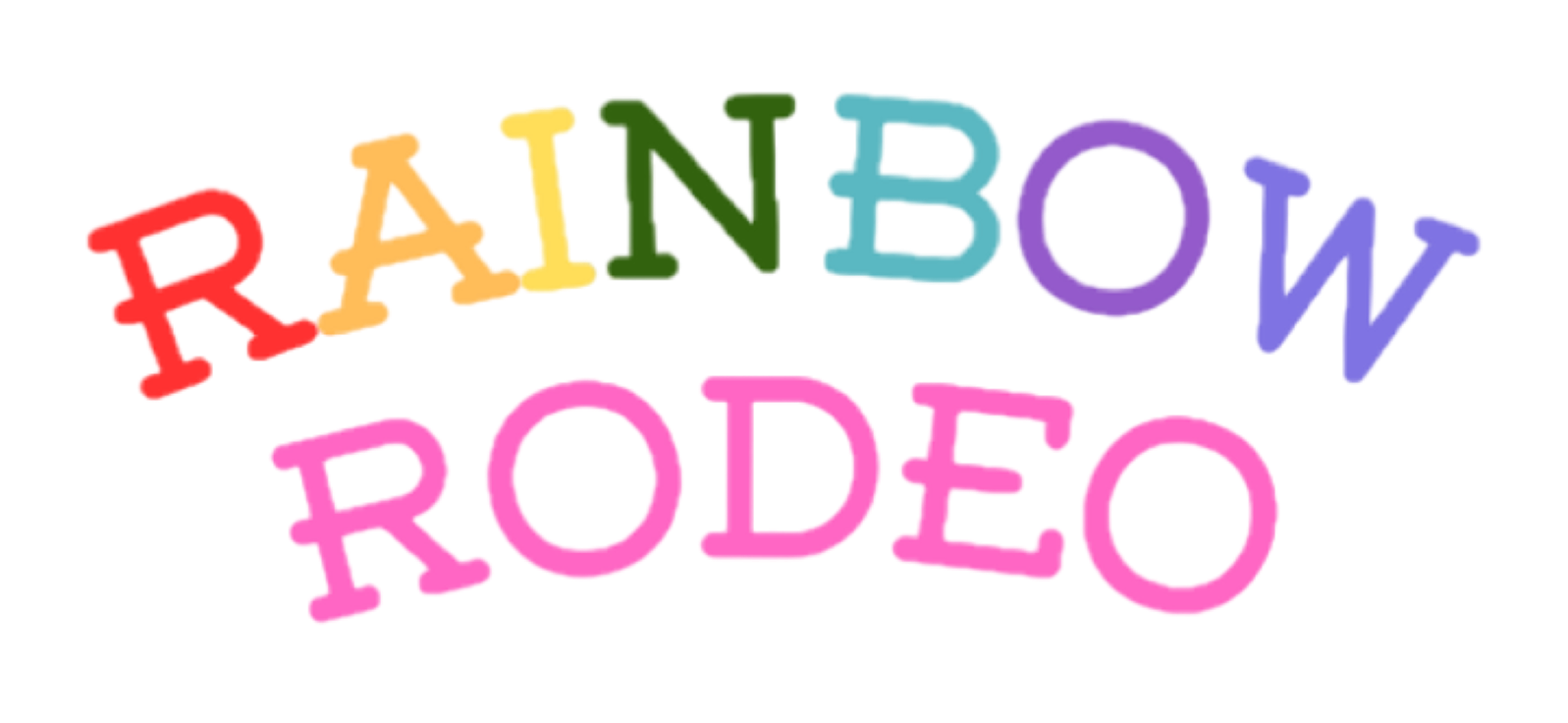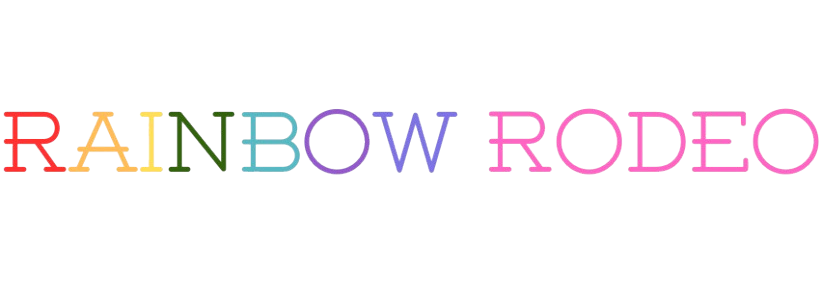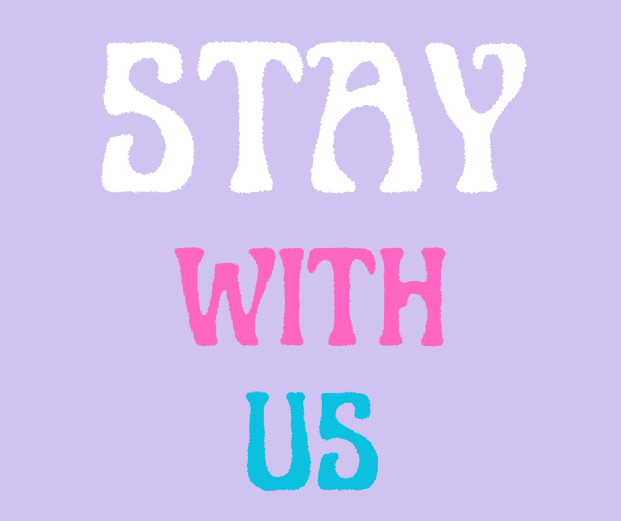INTERVIEW: Eli Conley Discusses Singing on T
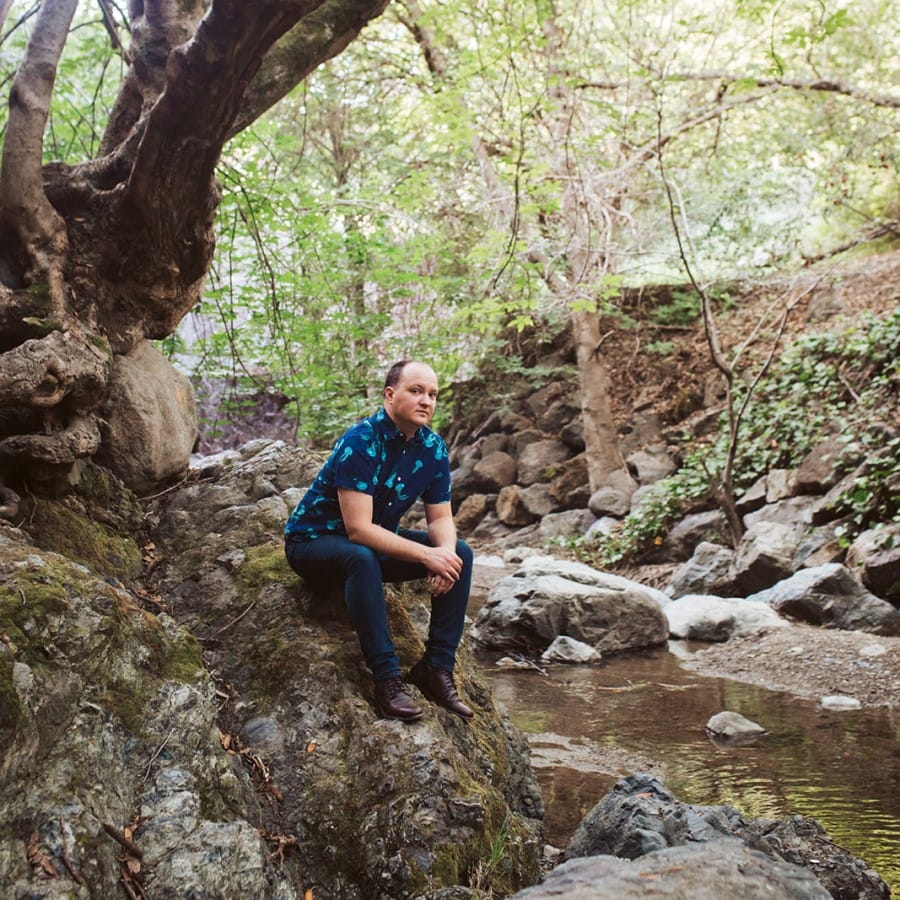
Eli Conley is a veteran singer-songwriter and an invaluable asset to the trans music community. He is readying the release of his upcoming album Searching For What’s True (July 14) but that’s not enough for him — he’ll also be leading a weekly class for singers taking testosterone from July 25 to August 16 on Zoom. This class is for all level of singers and for people across the spectrum of transition — Eli has worked privately with singers across genres and at all skill levels.
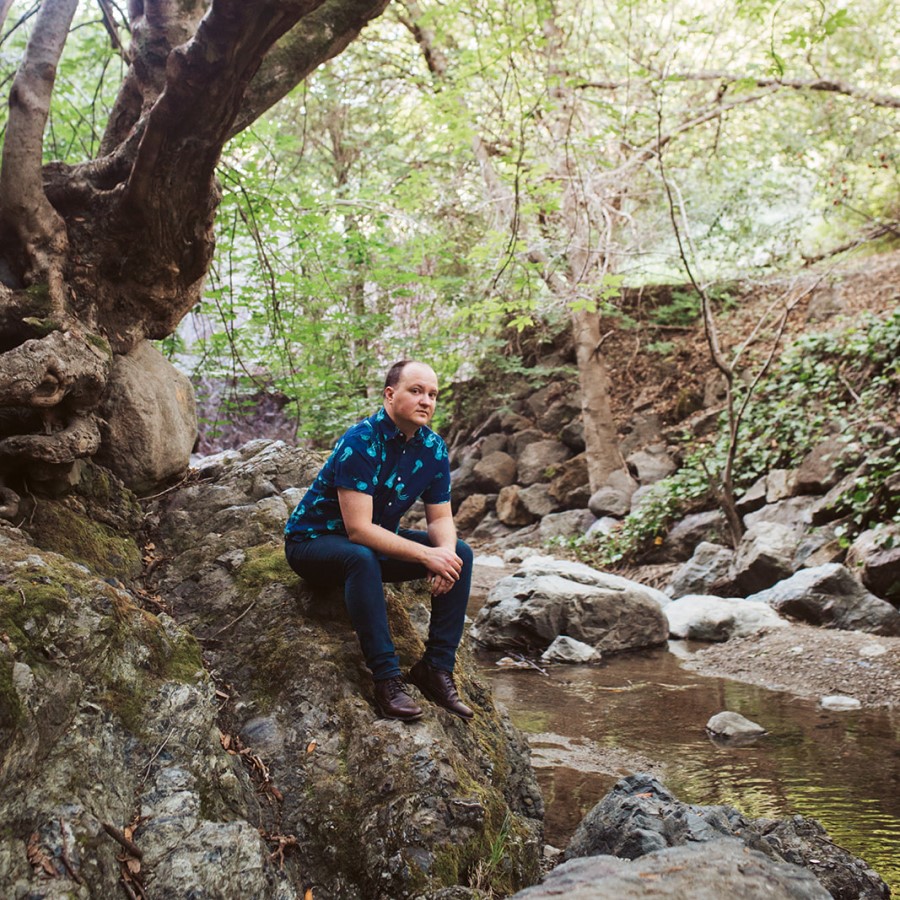
This is just one of the many classes Eli teaches for queer and trans folks. He is excited to create a supportive environment for people who are re-learning their voices as they transition. In our interview, Eli discusses the process involved, the emotional work involved, and what excites them most as an educator.
What have you been up to lately?
I’m actually taking a class. I’m usually teaching classes, but I’m taking a songwriting class with Scarlet Keys from Berkeley, and it’s really good. It’s interesting because it’s definitely a lot like she used to be a Nashville writer, which is not what I’m trying to do, but anything I can do to continue bettering myself as a writer, I’m always there for it.
That’s awesome. You must take that mindset with you when you’re teaching.
Yeah. I feel like anytime I am taking a class as an artist, I also kind of have my teacher brain on for inspiration.
You are about to teach a class for people who have recently begun taking testosterone and you only have three or four spots left. What is the hard sell to fill those spots up?
‘ve been teaching singers on testosterone for the past 15 years, almost. I started hormones when I was in college, like 17 years ago. And when I first started teaching, there was really almost no information out there.
And the information you would find about singing and T was just like, “you can’t sing anymore once you take testosterone,” which was scary! But you know, I was young and dumb and I was like, “well, maybe it’ll be okay for me” and tried it anyway.
That’s a big reason that I started teaching is because there were so few resources, and even now there are more voice teachers who themselves identify as trans and are on testosterone, but just being able to be in a space with a lot of other people on a similar journey and with somebody who’s taught many, many folks who have navigated vocal transition, I think is a really unique space. Honestly, I think that’s why it’s filling up so fast.
Earlier this year I taught a one-off kind of info session workshop about singing and testosterone with my friend Orion Johnstone and my friend Peter Fullerton and I are gonna teach a few one-off info sessions in the fall. But I wanted to create a longform space where we could actually go a little deeper.
This can be really isolating to be navigating. Like “I don’t really know what’s happening with my voice anymore.” And to be trying to figure that out. I love teaching one-on-one lessons, but getting to work with folks in a group setting and see yourself mirrored across a lot of different experiences is really powerful.
What were the tools that you found for yourself at the time of your transition?
I’m really thankful that I was in school at a place with a music conservatory. I was at Oberlin. I wasn’t a voice major. I’m also really thankful about that. I auditioned and didn’t get in, but had my grade been dependent on my voice, that would’ve been pretty rough at that time.
But I worked with a couple of different teachers who were voice majors students. They’d never worked with trans folks before, but they were just kinda like able to be an outside ear and help me figure out how to keep exercising my voice through that time of change.
And, honestly, the fact that I just kept singing. I was in choirs in school. I was taking voice lessons, I was writing my own music. And I wrote a piece in 2013 with advice for singers on taking testosterone. And that’s absolutely the most viewed page on my website.
It has fairly basic stuff of just like, keep singing. Don’t push your voice to do anything that feels uncomfortable, but when you reach the point where it feels like you can’t even match pitch or like you don’t know how to sing, it’s just retraining muscles because. The metaphor I often use is it’s like going from playing the violin to the cello. You kind of know what you’re doing, but you have to learn to move your fingers differently.
Singing is so much about muscle memory that when the, the vocal folds literally thicken, you have to kind of relearn how to use those muscles to do what you’ve always been familiar with. My biggest advice to folks is always like, keep singing, take lessons or join a choir or do something that’s gonna keep you doing it even when it feels confusing and frustrating because there tend to be about three phases.
The first phase is “oh, I feel like I have a cold, but this isn’t that bad.” It’s just slightly lower. And then the middle phase is like “everything is falling apart! I can’t sing! What’s happening? My voice is cracking all the time.” And then the last phase is kind of like, “oh, okay. It’s starting to settle into something more consistent. I can kind of figure out what this is, and it’s not different every day.” The tricky thing is that each of those stages, takes however long it takes. There’s not like a set amount of time. It can take anywhere from like two to five years for somebody’s voice to fully settle.
Is there a particular breakthrough moment that’s very exciting for you as a teacher to be a part of?
I do actually think the moment where people relocate their head register or falsetto is really cool. And also the moment when people find their new low range, but in a way that feels like comfortable and they could use it in a song.
Is there anything else you wanna make sure we discuss?
Even if folks can’t join this class this time around, I will be teaching a couple different one-off info sessions in the fall. I think one in September and one in October. So you can join my email list to follow me on Instagram to find out about that. And I also teach more general queer and trans singing classes throughout the year that always have lots of trans folks in them.
And I hope to teach this class again. It seems like there’s a lot of interest, so I’ll probably keep doing it. I’m excited to be continuing to expand the resources and support for trans singers.
Eli’s Singing on T class will begin on July 25th. You can register here. Eli’s album Searching For What’s True will be out on July 14. You can pre-save it here.
